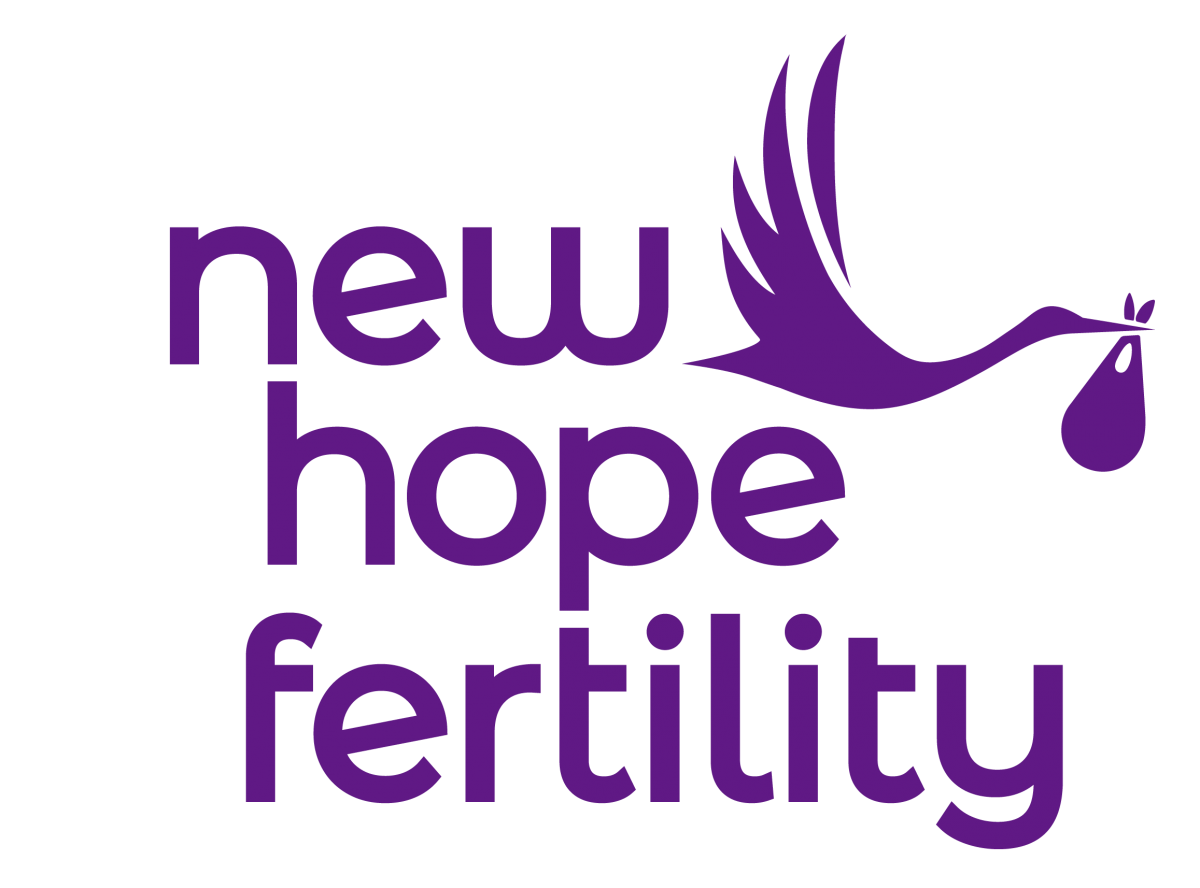Ovarian reserve
Aka the total number of eggs in the ovaries. Ovarian reserve is often checked in women who want to have children and are having problems getting pregnant.
Together, in combination with a woman’s age, we have come to rely on ovarian reserve testing in order to identify a patient’s chance of becoming pregnant prior to any type of fertility treatment, including IVF.
Why do we check ovarian reserve?
The goal of IVF treatment is to get several good-quality eggs, produce embryos, and foster a healthy uterine environment for optimal transfer. Ovarian reserve is related to the ease at which an individual’s ovaries can be successfully stimulated with fertility drugs. The most consistent variable affecting ovarian reserve is age. This is because a woman is born with all the eggs she will ever have. The older a woman is, the fewer high-quality eggs she has left to become successfully pregnant as egg quality and quantity continue to decline with age.
Healthy women over age 35 are less fertile than their younger counterparts. Women 40 and over statistically have a 20% live birth rate, even with IVF treatment, if using their own eggs. Due to this donor egg usage has become popular in this age group and older.
How is ovarian reserve tested?
There are several markers used to determine ovarian reserve. The most common are follicle-stimulating hormone (FSH) and anti-mullerian hormone (AMH) blood tests. Ultrasounds are the follow-up step to confirm follicle count and better understand results.
An FSH test is a blood test drawn on the second or third day of the menstrual cycle. FSH released from the pituitary gland stimulates the ovaries to recruit and select eggs so that one will grow and eventually ovulate. When there are few eggs available the pituitary gland has to send a much stronger signal so the FSH level will be higher in those circumstances.
AMH is also a blood test used to check a woman’s ability to produce mature eggs that can be fertilized for pregnancy. AMH levels help show how many potential egg cells a woman has left
Ultrasound screening for ovarian volume and antral follicle count is a quick and accurate approach as well. Clinically, women with very low numbers will have very few eggs at oocyte retrieval. Those patients with adequate follicle numbers may have a reasonable quantity of oocytes at retrieval. Follicle count correlates to egg count as each egg is housed and grows within the follicles in the ovaries.
What to remember
Age and ovarian reserve are directly related. Unfortunately, it is more common for patients over 39 to have a lower reserve and a higher number of abnormal egg cells. Ovarian reserve testing only identifies the number of potential eggs a patient may have resulting in a lower probability of conceiving. Many IVF patients with a low ovarian reserve are still able to respond positively to treatment and conceive.
For women over 35 who have a low ovarian reserve, it is important to pick an optimized treatment plan like Mini IVF or Natural IVF to maximize the chance of pregnancy!
About New Hope
New Hope Fertility Center is home to world-renowned fertility specialists. We custom design fertility treatments for the individual to increase the chances of a successful pregnancy. Our specialists believe in putting the patient first and being with them through every step of the fertility journey. Our team is well versed in helping women of all ages reach their fertility goals and we are passionate about educating, and supporting our patients throughout their journey. If you want compassionate fertility care, New Hope is the right place for you. Call us at (347) 970-8479 or schedule your initial consultation today!

